News & Blog
Find out our latest news
Home / News & Insights

Shady Advertising Practices and Their Privacy Implications
Data Privacy Spotlight: Publisher Highlights And a Checklist For Evaluating New Publisher Partners
Q&A with Jennifer Laing, SVP, Operations, Causal IQ
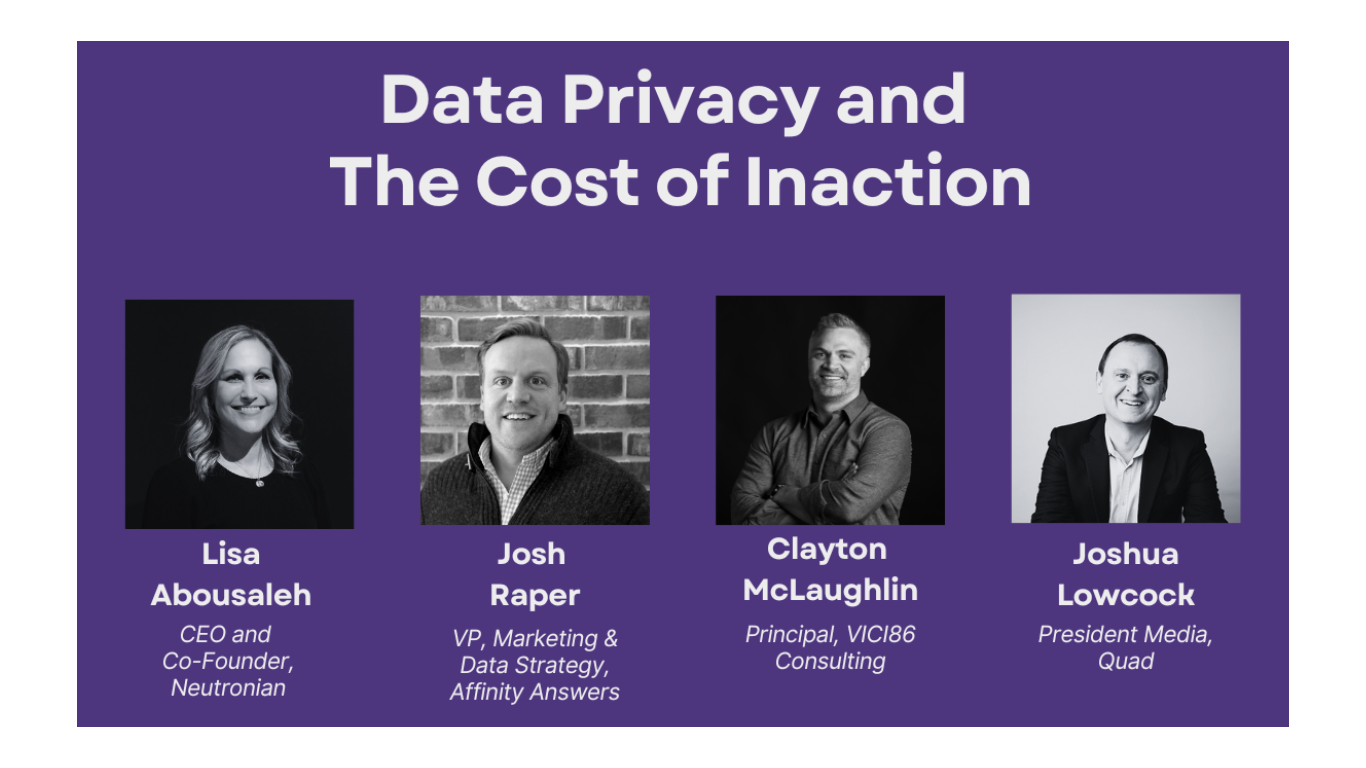
Webinar Recording: Data Privacy and The Cost of Inaction
Neutronian Revolutionizes Data Privacy with AI-Enhanced Scores and Proximic by Comscore Partnership
Q&A with Steven Millman, Global Head of Research & Data Science, Dynata
Q&A with Lynn Tornabene, CMO, Anteriad
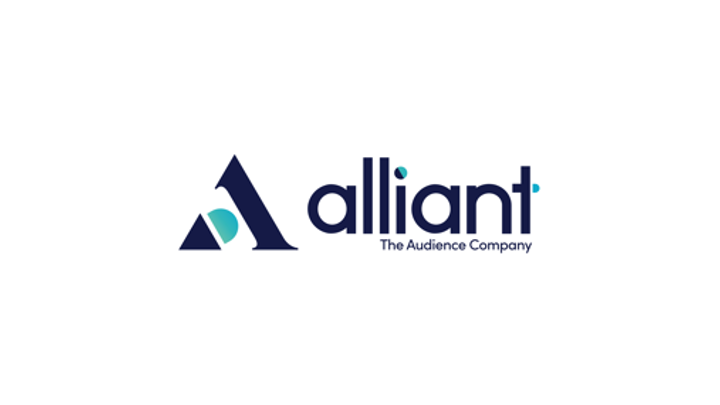
The Ally: Q&A on Cookieless Certification with Lisa Abousaleh at Neutronian
Data Privacy Week Q&A with Arielle Garcia, ASG Solutions
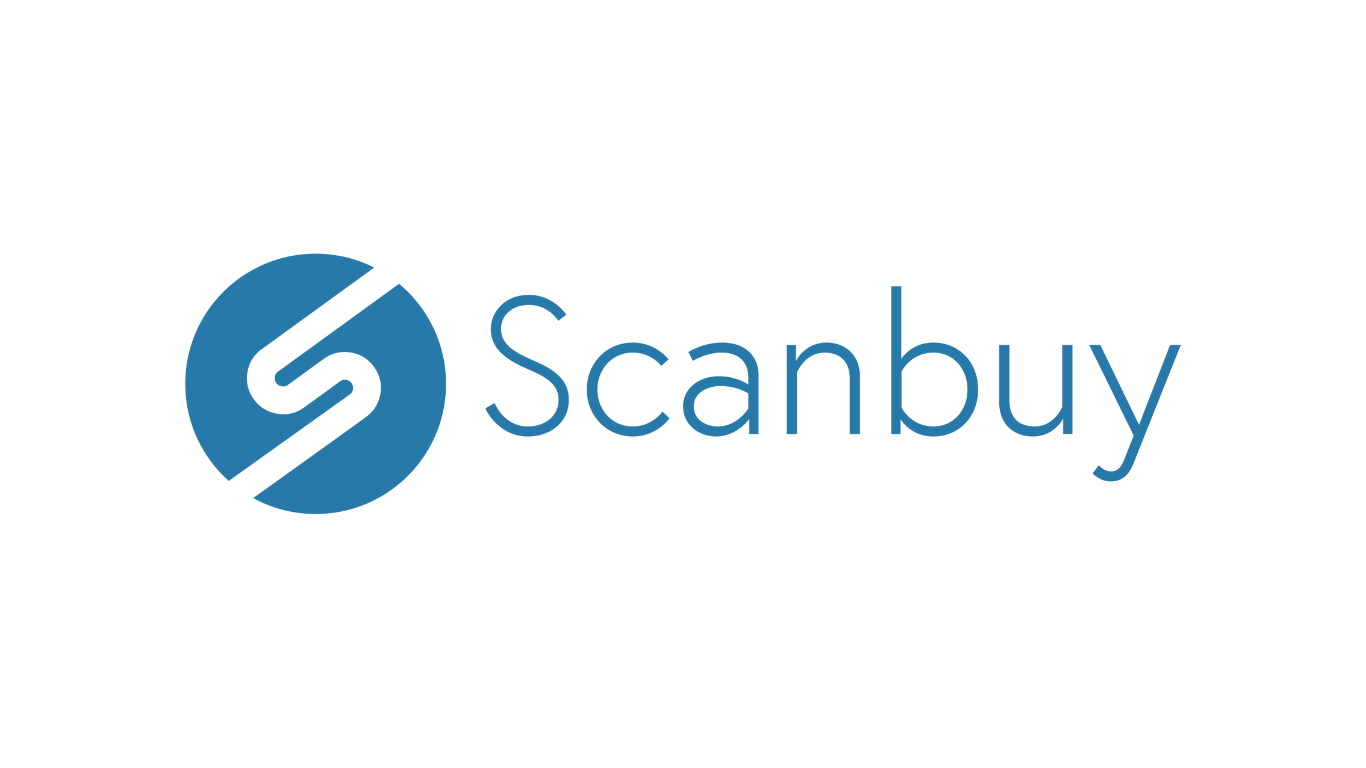
Neutronian Announces That Scanbuy Has Earned Its Data Quality Certification
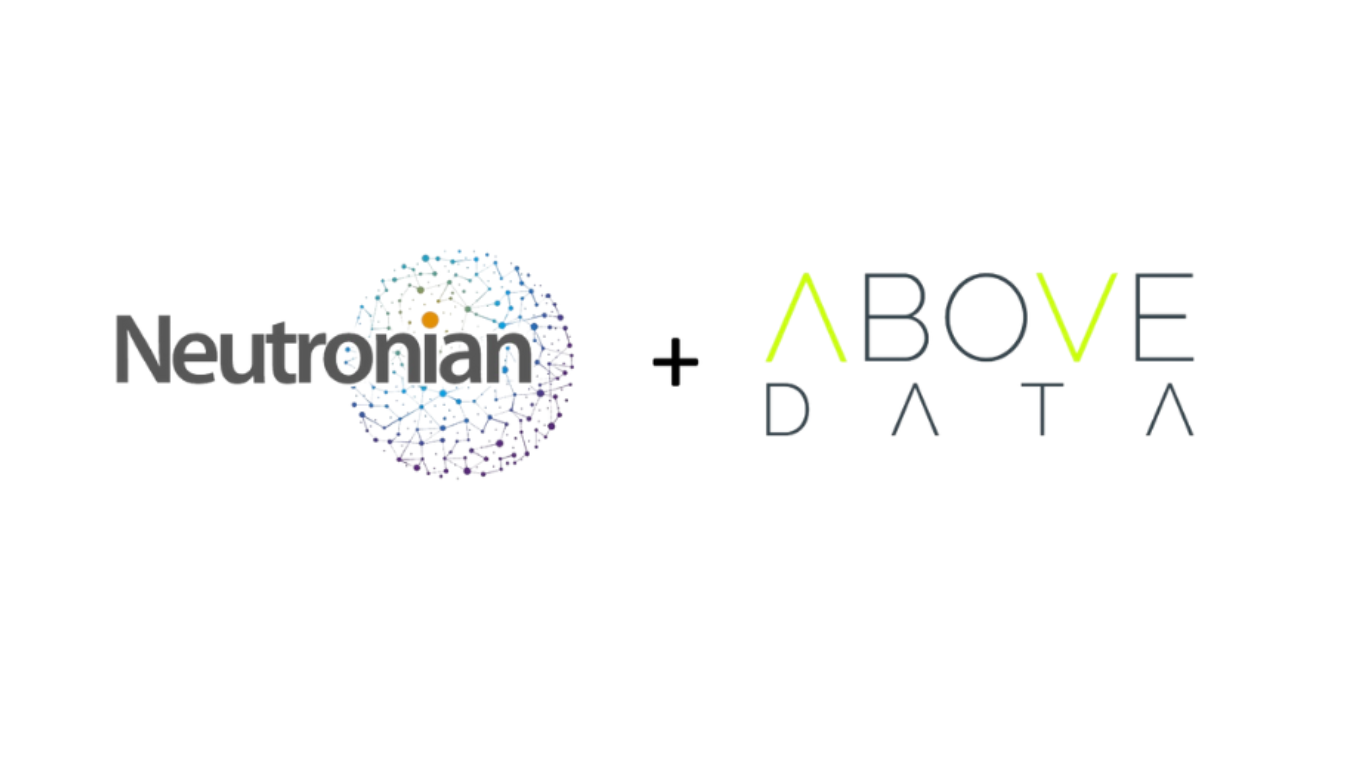
Neutronian & Above Data Partner to Drive Privacy-Led Advertising and Improve Data Quality

Let’s Make 2024 The Year Of Data Privacy As A Differentiator
Data Privacy Spotlight: How Do Financial Services Brands Fare?
Neutronian Announces That Epsilon Has Earned the Neutronian – IAB Tech Lab Certification

Solving For Identity With Privacy In Mind Is ‘The Issue Of Our Industry’s Time’
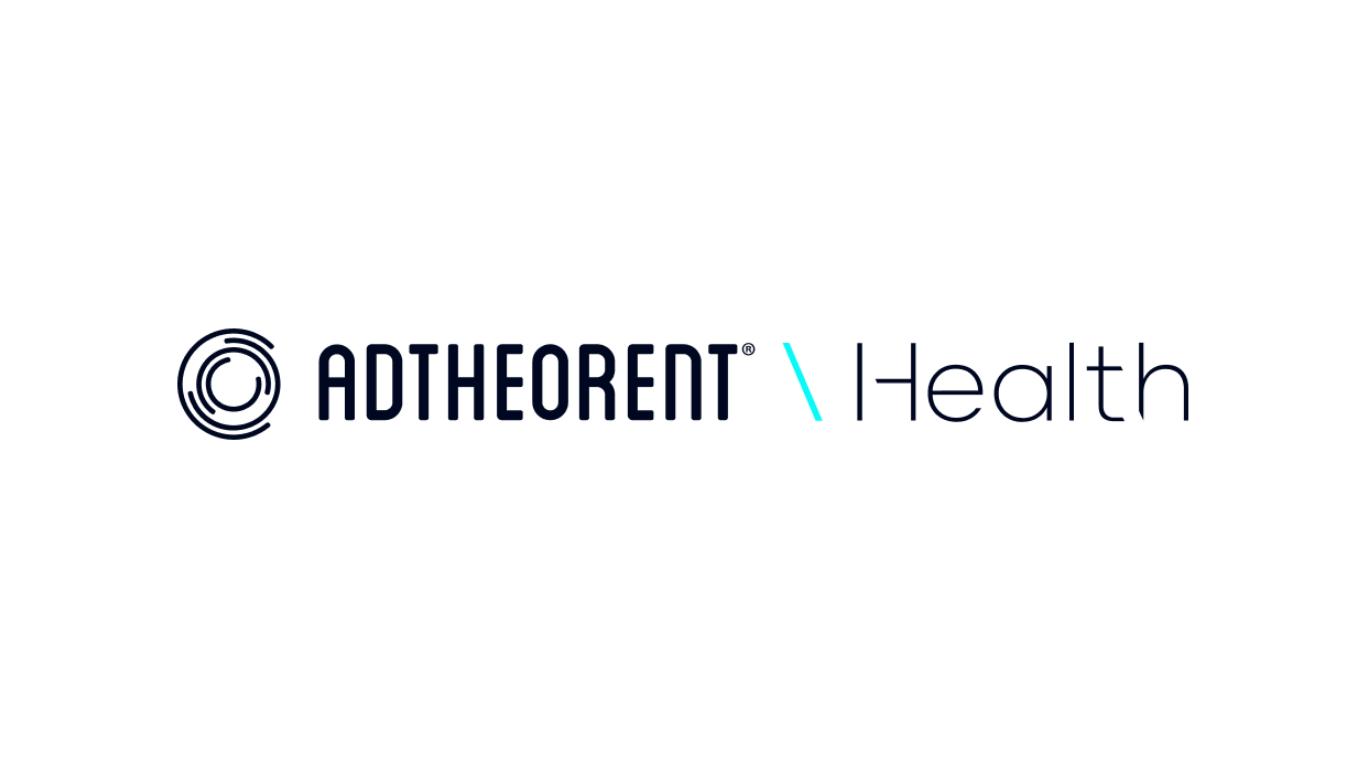
AdTheorent Health Audiences, Powered by HABi™, Earn Neutronian’s NQI Certification for Data Quality, Privacy and Transparency

Alliant Awarded First-Ever Joint Neutronian-IAB Tech Lab Certification for Data Transparency Standard and Quality
RW Digital Partners with Neutronian to Increase Visibility into Minority-Owned Media

Anteriad Places in Top 10 Data Providers in Neutronian’s Q3 Data Privacy Scores 2023
ShareThis in Top 1% of Neutronian’s Data Privacy Rankings for Third Consecutive Quarter
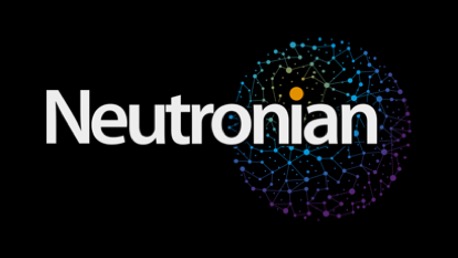
Neutronian Releases Q3 Data Privacy Scores and Enables Data for Inventory Curation and Campaign Optimization
Neutronian Integrates Data-Privacy Scores Into Campaign Targeting, Analysis

Higher Campaign Performance Gained From Certified And Verified Data, Testing Finds
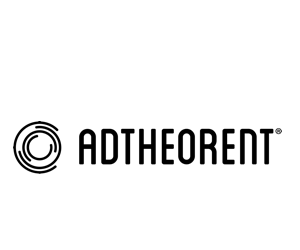
AdTheorent’s Algorithm-Based Audience Product Earns Neutronian’s NQI Certification for Data Quality, Privacy and Transparency

How Prioritizing Data Privacy Leads to Greater Consumer Trust
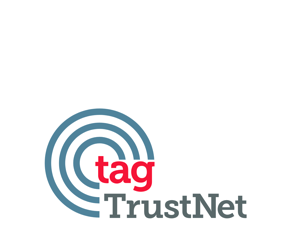
TAG TrustNet Launches New Frontier in Transparency for Marketers Through Integrated DEI, Privacy & MFA Data
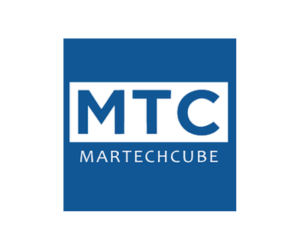
MarTech Interview with Lisa Abousaleh, CEO and Co-Founder of Neutronian
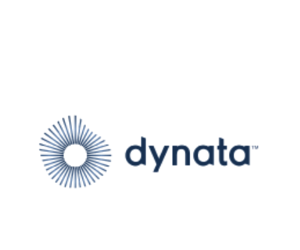
Dynata sets industry standard as the only first-party data provider to earn Neutronian’s NQI Data Quality certification

Anteriad Places in Top 20 Data Providers In 2023 Neutronian’s Q2 Data Privacy Scores

Neutronian List Of Companies Shows Online Data Privacy Remains A Concern

Neutronian Releases Q2 Data Privacy Scores, Highlights Massive Gaps in Opt Out Practices Among Publishers and Adds New Health Focused Category

Bad Data Is Ruining Your Ad Campaigns—Here’s How to Fix It

Causal IQ and Neutronian Partner to Prove Privacy-Safe Data Delivers Better Campaign Performance
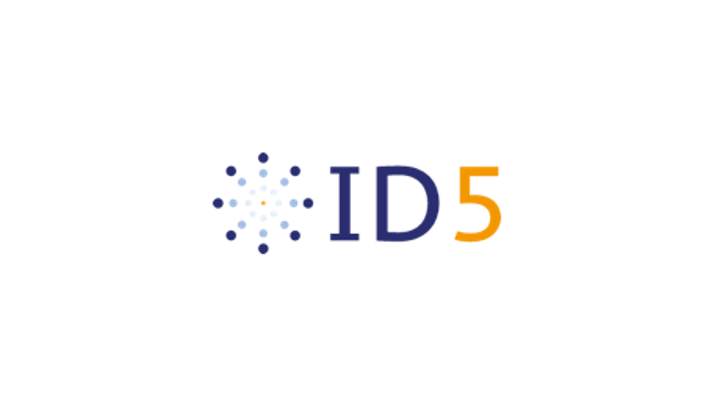
ID5 Earns Top Data Privacy Ranking from Neutronian as Most Compliant Identity Solution in the Market

Anteriad Data Outperforms Non-Certified Data in Neutronian Advertising Test
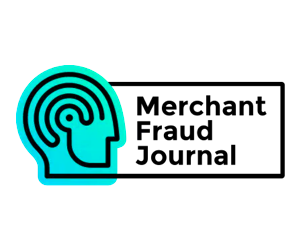
How Companies Can Avoid Zero-Party Data Fraud
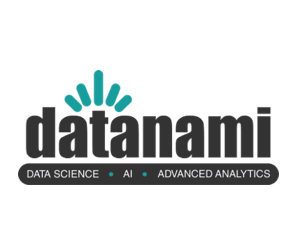
How to Comply with Data Minimization Best Practices

Sticking Your Head In The Sand Doesn’t Count As A Data Privacy Strategy

Publishers Rated For Their Alleged Privacy Compliance
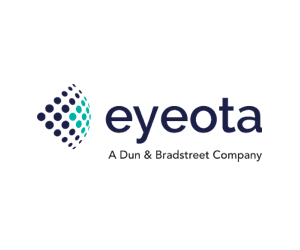
Eyeota Claims #1 Spot on Neutronian’s 2023 Global Data Privacy Ranking

Data Privacy Scores Weigh Heavy On Some Search Engines

This Verification Startup Is Ranking Publishers Based On Their Approach To Privacy

Neutronian Launches Data Privacy Scoring of Over 3,000 Publisher Networks, Brands, Ad Tech Platforms, Retail Media, and Data Providers

Anteriad Places in Top 25 Data Providers In 2023 Neutronian Data Privacy Scores

Alliant Strengthens Commitment to Trust and Transparency with Neutronian and IAB Tech Lab Certifications

Anteriad Earns Neutronian Certification For Data Quality and Compliance

Neutronian’s Process For Verifying Minority Ownership Companies Launches

2023 Data Privacy Trends from a SaaS Data Certification CEO
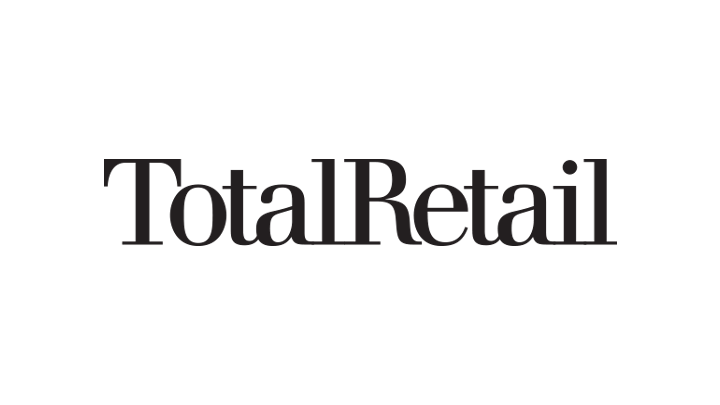
Challenges for Retailers When Building Retail Media Networks

What Will the 2022 Elections Mean for Data Privacy?

Data Platform Neutronian Announces a Standardized Process for Verifying Companies for Minority Ownership

The Path to Trust and Transparency in MarTech
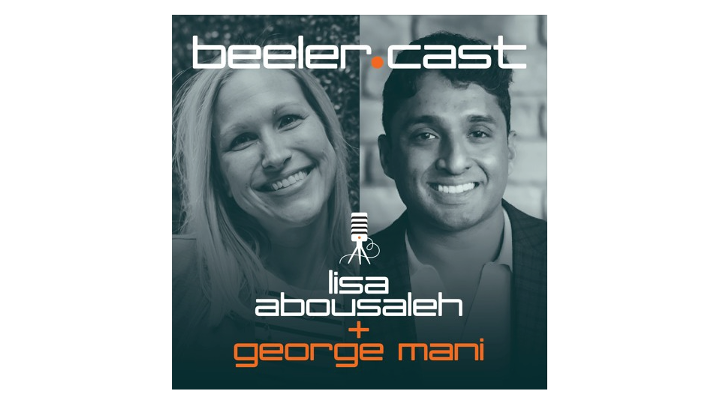
Beeler.Cast Episode 208: Lisa Abousaleh and George Mani on the latest in data quality verification
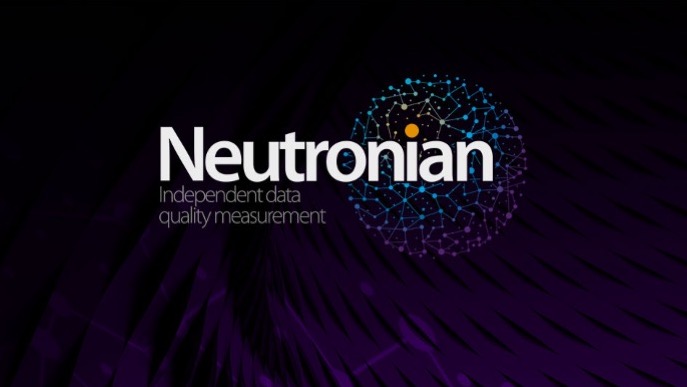
Fraud and PR risk with ‘Zero Party’ Data

Data Quality Automation: Does Automation Guarantee Quality?
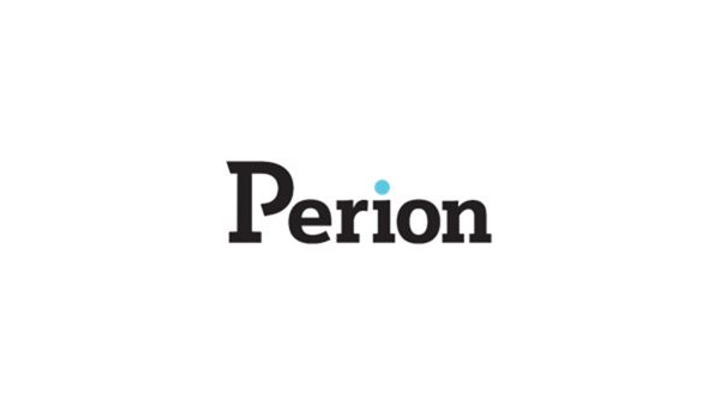
Perion Announces Neutronian’s Study of over 110 Campaigns Demonstrates 2X CTR Lift by Using SORT Over Cookies
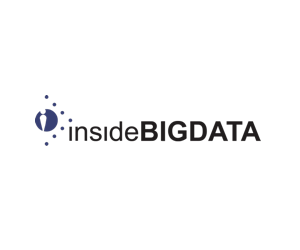
Bad Data Costs U.S. Companies Trillions – How Data-Quality Audits Can Help

ID5 Is First Identity Provider To Receive Neutronian Certification
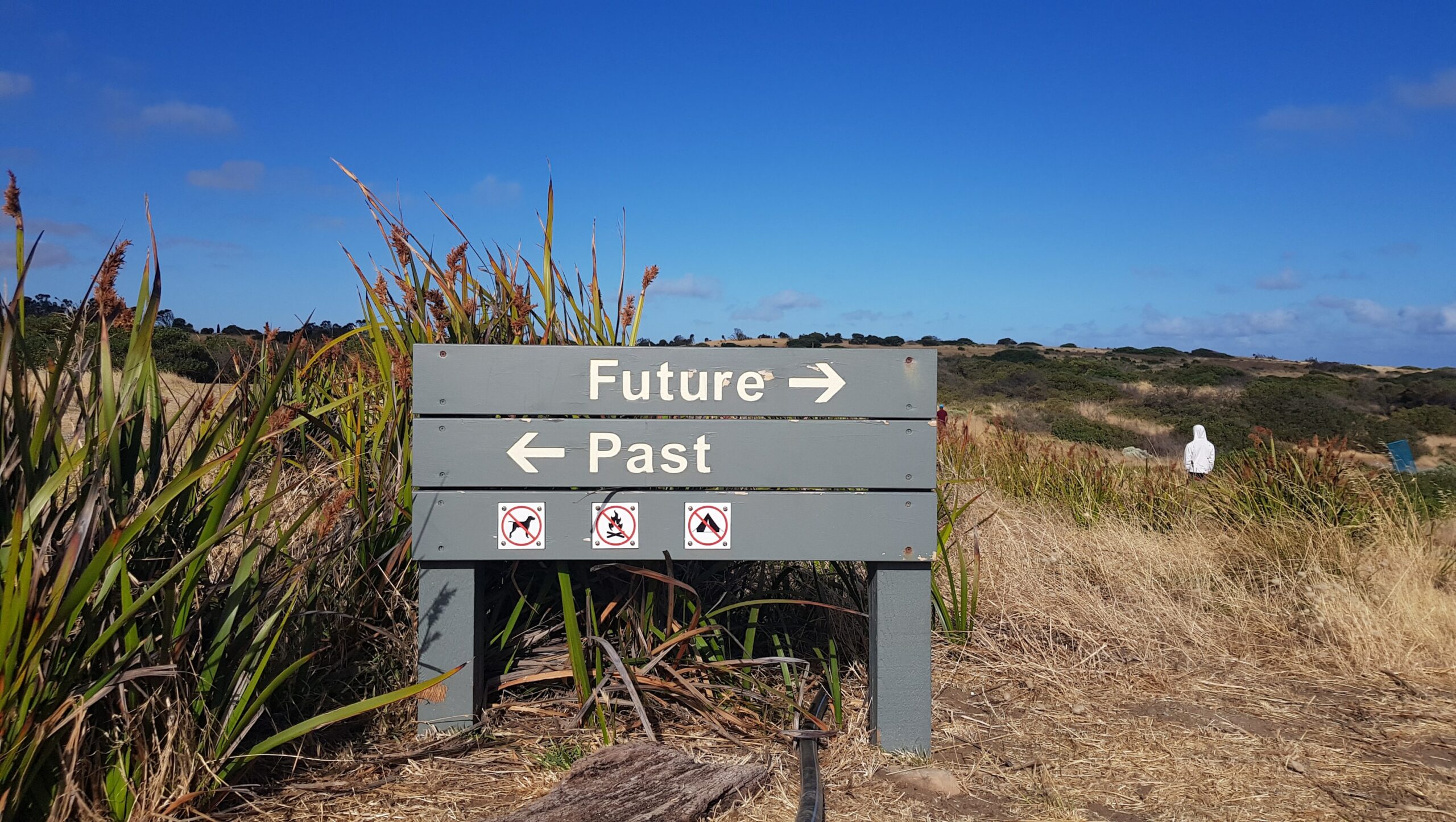
Digital Ad Fraud – the Past, Present and Future

The Human Toll of Bad Data

Regs Making Legit Data More Valuable, Neutronian Says

Neutronian’s Beta NQI Transparency Ratings Highlight Key Category Leaders Across the MarTech Data Ecosystem

Neutronian Announces DoubleVerify as NQI Cookieless Certified and Launches Transparency Ratings of Top 150 Data Sellers
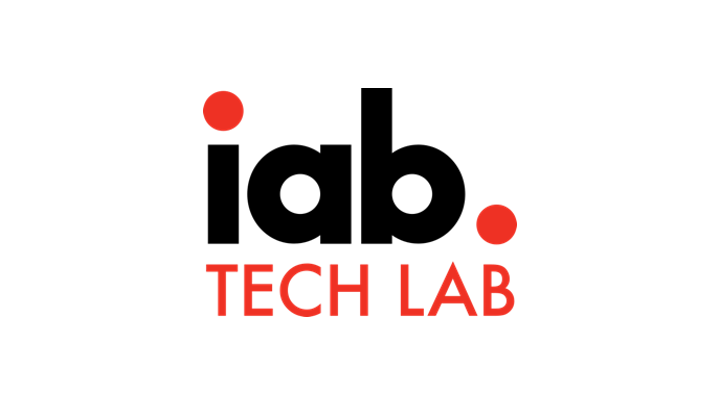
IAB Tech Lab & Neutronian Partner To Accelerate Data Transparency And Quality Standards For The Digital Supply Chain
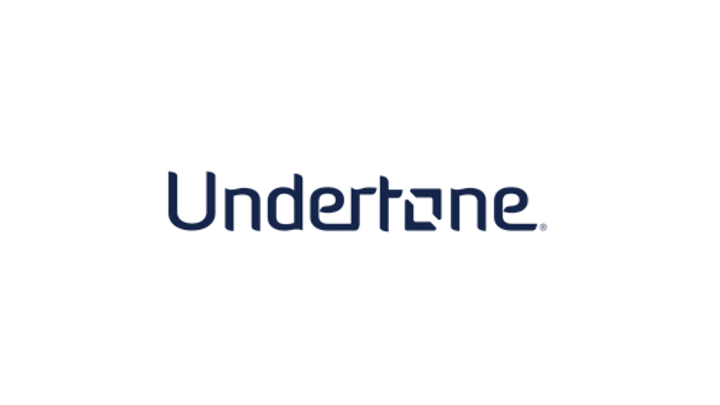
Undertone Launches SORT™, a Moonshot Privacy-First Solution that Proves Cookieless Technology Can Outperform Alternatives
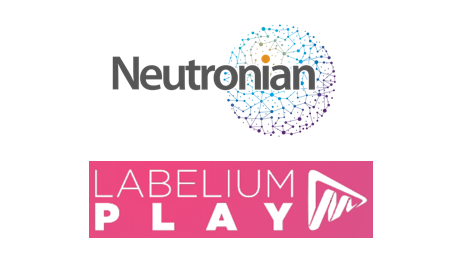
Labelium Play Partners with Neutronian to Advance Data Quality
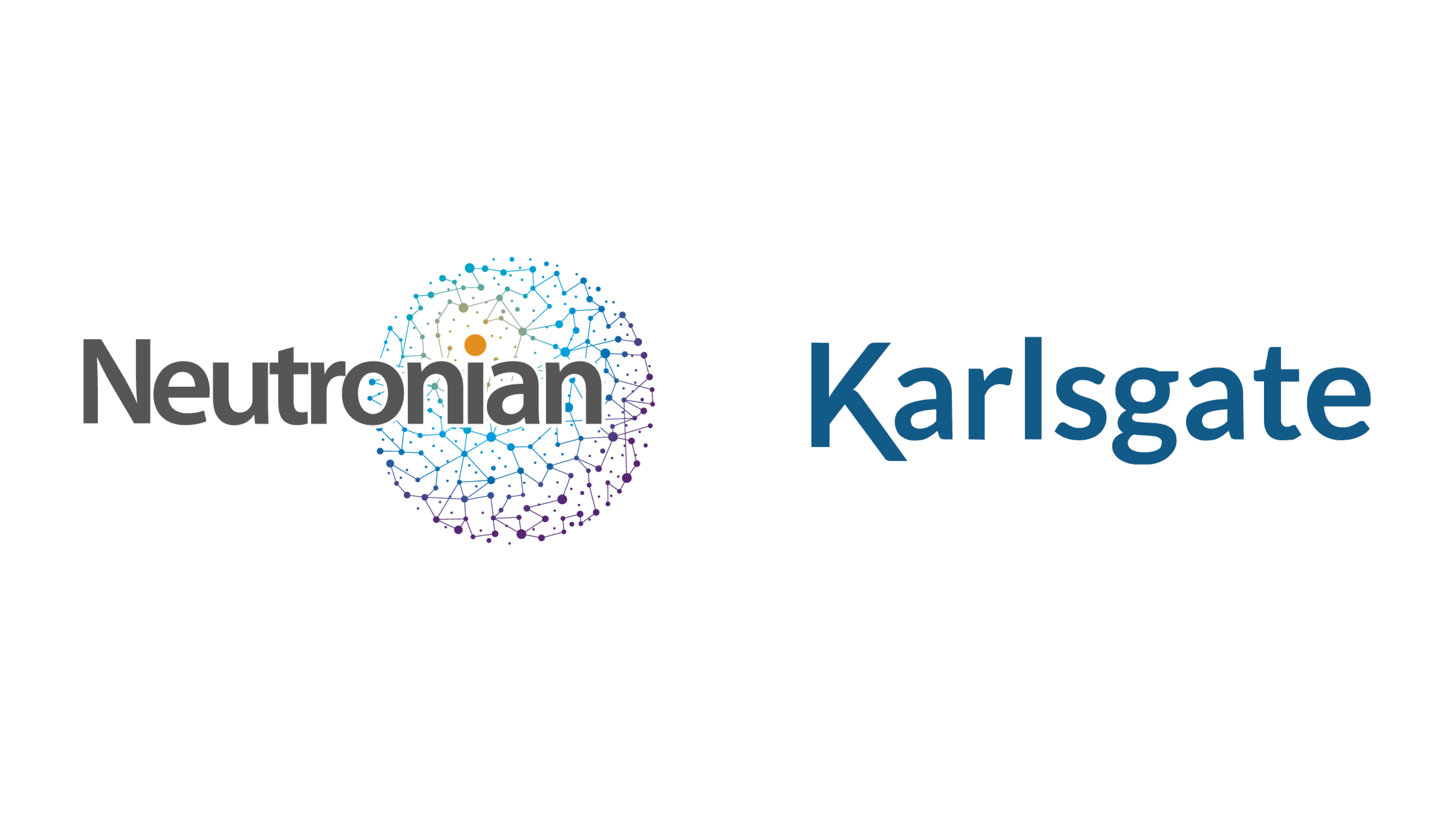
Neutronian and Karlsgate Partner to Bring Neutronian Data Quality Certification into the Karlsgate Identity Exchange

Neutronian Launches Cookieless Certification Process, Verifies First Company

Neutronian Launches Cookieless Certification Based on NQI Scoring

The Importance of Compliance Safety

Fifty Ways to Dump Bad Data

2021: Covid, Cookies and Quality
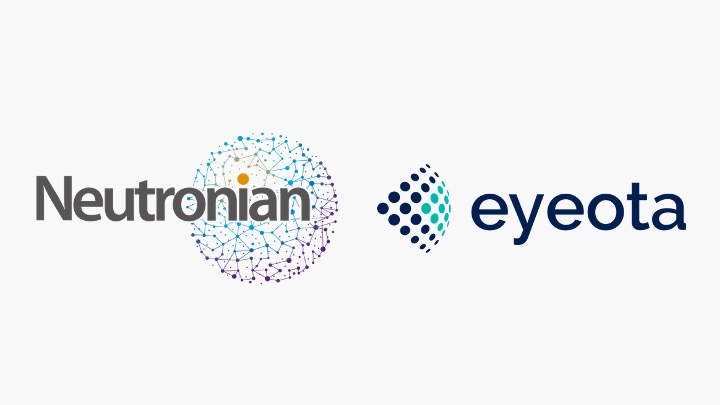
Neutronian and Eyeota Launch Data Quality Certification Initiative

Neutronian Aims to Bring Clarity and Trust to Marketing Data

Why Data Quality Matters

Compliance Safety is the New Brand Safety

Data Quality Series Part 3: Trust but Verify

Consent Frameworks at Scale

Data Quality Series Part 2: Monitoring

Data Quality Series Part 1: Source Verification

The Importance of Data Quality in 2020

The Importance of Transparency

Advertising Industry Begins Process To Gain Data Certification

Neutronian Adds Former S&P President And Venture Capitalist To Advisory Board

Neutronian Launches Data Compliance & Source Verification Platform

Neutronian Creates FICO Score For Data Quality, Launch Advisors Omnicom, Goodway Group
